- Sponsored Content

“Ms. Jess, look! I’m a principled spider! I tidied up straight away,” proudly announced Madelyn, age 4, as she showed off her new sticker. “Principled” isn’t a word you’d typically hear from a four-year-old, but at the Canadian International School (CIS) Early Years campus, it’s a common occurrence. Here, our students are empowered to take ownership of their learning, growing holistically into confident, positive contributors to their community.
At the core of the International Baccalaureate (IB) Early Learner framework are four essential features: relationships, learning spaces, play, and symbolic exploration and expression. At CIS, we delved deeply into these elements and realised that to fully bring them to life, we needed to collectively empower our students using the IB Learner Profile attributes as our foundation.
What Are the IB Learner Profile Attributes & Why Are They Important?
 The IB Learner Profile consists of 10 key attributes: thinker, principled, caring, reflective, balanced, risk-taker, communicator, knowledgeable, inquirer, and open-minded. These values form the foundation of the IB’s approach to education, emphasising not just academic excellence, but also personal development, social responsibility, and emotional intelligence. In an IB World school like CIS, these attributes are not taught in isolation but are woven into the curriculum and daily interactions, helping children see the relevance of these values in their own lives.
The IB Learner Profile consists of 10 key attributes: thinker, principled, caring, reflective, balanced, risk-taker, communicator, knowledgeable, inquirer, and open-minded. These values form the foundation of the IB’s approach to education, emphasising not just academic excellence, but also personal development, social responsibility, and emotional intelligence. In an IB World school like CIS, these attributes are not taught in isolation but are woven into the curriculum and daily interactions, helping children see the relevance of these values in their own lives.
At CIS, we focus on bringing these attributes to life through play, creative exploration, and reflection. You may wonder: How do you teach such complex concepts to multilingual three- to seven-year-olds and expect them to demonstrate these attributes?
Bringing the Attributes to Life
The journey began with a simple yet powerful idea — bugs. During last year’s kindergarten musical, students were inspired by the insects they encountered in our Outdoor Discovery Centre and in the pages of our Early Years library books. Their creativity soared as they drew colourful bug characters, each one unique, reflecting the diverse world around them. This idea quickly expanded, and our entire stairwell was lined with student-made insect artwork.
As the bug fascination grew, we saw an opportunity to integrate the IB Learner Profile attributes into our students’ creations. Bugs, with their distinct behaviours and characteristics, offer a fascinating lens through which young learners can explore complex concepts. Whether it’s the careful balance of a dragonfly or the collaborative spirit of a group of ants, these tiny creatures can teach big lessons about personal development and community values.
Xuan P., a five-year-old student, explains, “Dragonfly is balanced because she has two wings on both sides, and she flies high in the sky and then flies low on the water.” By allowing students to connect their own insect creations to IB attributes, we gave them an opportunity to reflect on and articulate how they can embody these values in their own behaviour.

Creative Connections
Building on the students’ excitement, we created a song and animated cartoons for each Learner Profile attribute, introduced at weekly assemblies to make the concepts more accessible and memorable. To celebrate our multicultural community, music and art teachers collaborated on a trilingual song in English, French, and Mandarin, reinforcing the vocabulary while honouring cultural diversity. To ensure inclusivity, we worked with our Move-to-Learn teacher, Mr Jorge Aguiar, to incorporate sign language, allowing students to engage with the song through both lyrics and movement. This approach supported multilingual learners and made the experience accessible to all abilities.
To keep students motivated, we introduced a fun way to reward positive behaviour: stickers! What four-year-old doesn’t love one? We turned the student-created insect characters into stickers, each representing an IB Learner Profile attribute. Teachers could instantly praise students for demonstrating these behaviours in all of our learning spaces, and the stickers became a visual reminder of their personal and collective growth and the attributes in action.
A Lasting Impact: Empowering Young Learners

Through these creative and inclusive methods, we’ve seen students not only connect with but embody the attributes of the IB Learner Profile. Whether it’s helping a friend, thinking critically about a challenge, or balancing their emotions, they are internalising these values in meaningful ways.
By valuing and then turning student creations into learning tools, we have created a lasting connection between their imaginations and the values we strive to instill. The bugs, animations, song, and sign language continue to remind students that the attributes they see in their characters are the same qualities they can develop within themselves.
With the added boost of immediate positive reinforcement through stickers, a multilingual song uniting our students in common vocabulary, and the inclusion of sign language, we are nurturing young learners who are principled, caring, thoughtful, communicators, risk-takers, balanced, inquirers, knowledgeable, reflective, and open-minded—all with the help of a few delightful bugs!
Visit Us and See the Magic in Action
 If you’re curious to learn more about how creativity, play, and the IB Learner Profile shape our students’ journeys, join us for our Early Years Open Houses. Discover firsthand how our innovative approach empowers children to reach their full potential.
If you’re curious to learn more about how creativity, play, and the IB Learner Profile shape our students’ journeys, join us for our Early Years Open Houses. Discover firsthand how our innovative approach empowers children to reach their full potential.
We’d love to show you how your little one can thrive at the Canadian International School. Register for Open House.
www.cis.edu.sg
or call 6738 8088



 Talk about talented! Five members of
Talk about talented! Five members of 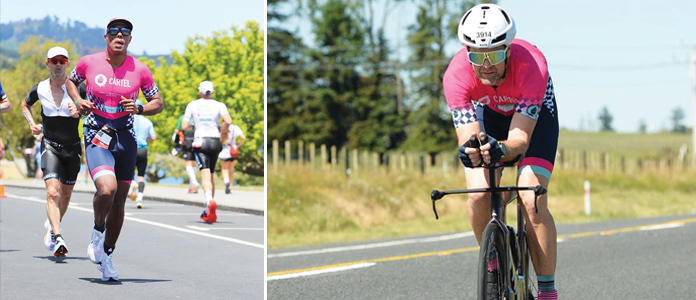
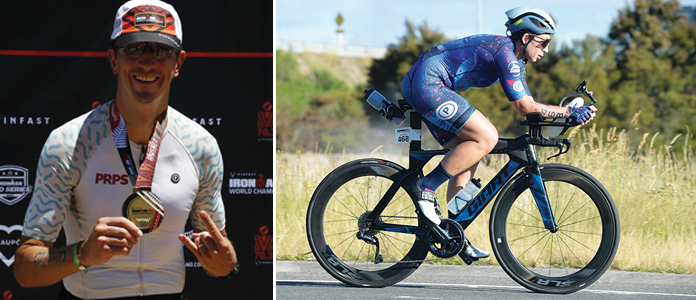
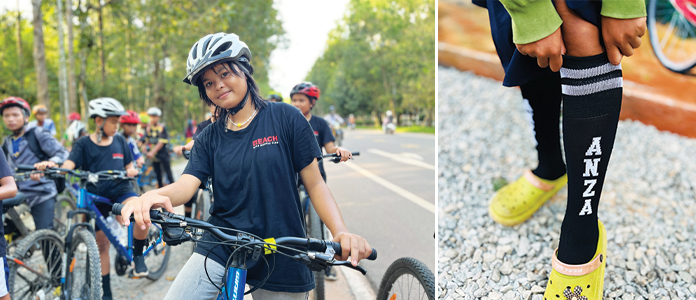
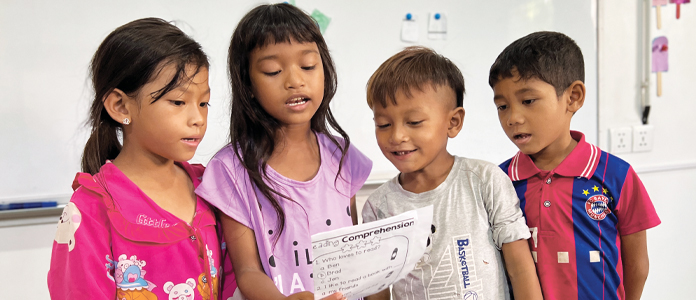

 In 2025, New Zealand and Singapore are celebrating 60 years of diplomatic relations. For the New Zealand Defence Force (NZDF), this also signifies 60 years of bilateral defence cooperation with the Singapore Armed Forces (SAF).
In 2025, New Zealand and Singapore are celebrating 60 years of diplomatic relations. For the New Zealand Defence Force (NZDF), this also signifies 60 years of bilateral defence cooperation with the Singapore Armed Forces (SAF).
 Singapore conducts regular training in New Zealand, enjoying different weather conditions and wide-open spaces that enable live-firing activities such as Exercise Thunder Warrior.
Singapore conducts regular training in New Zealand, enjoying different weather conditions and wide-open spaces that enable live-firing activities such as Exercise Thunder Warrior.
 Images supplied by the New Zealand High Commission
Images supplied by the New Zealand High Commission Erin Padilla, Founder, Accela Communications
Erin Padilla, Founder, Accela Communications
 Lucy Jackson Walsh, Managing Director, Lightfoot Travel
Lucy Jackson Walsh, Managing Director, Lightfoot Travel
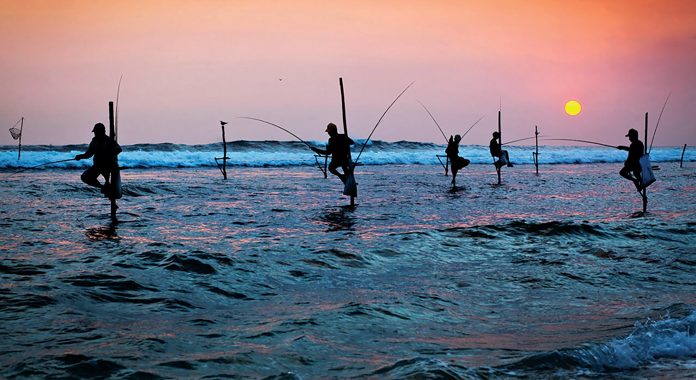
 Matt Tow, Chief Destinations Planner, Amala Destinations
Matt Tow, Chief Destinations Planner, Amala Destinations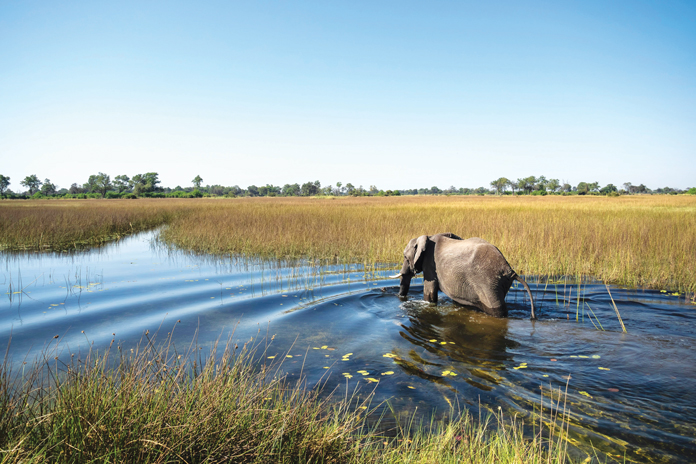
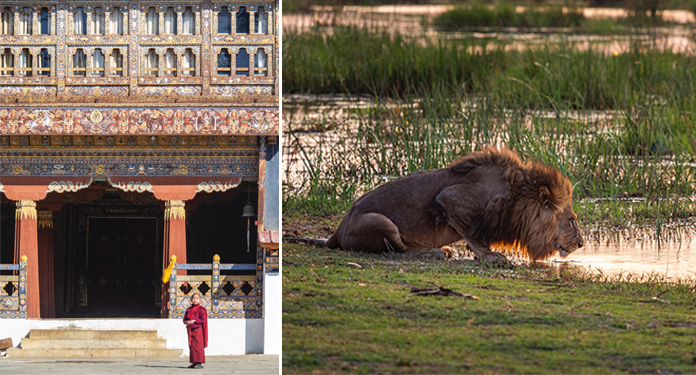
 Jo Hendry Prior (centre), Co-Founder, Alchemist Travel
Jo Hendry Prior (centre), Co-Founder, Alchemist Travel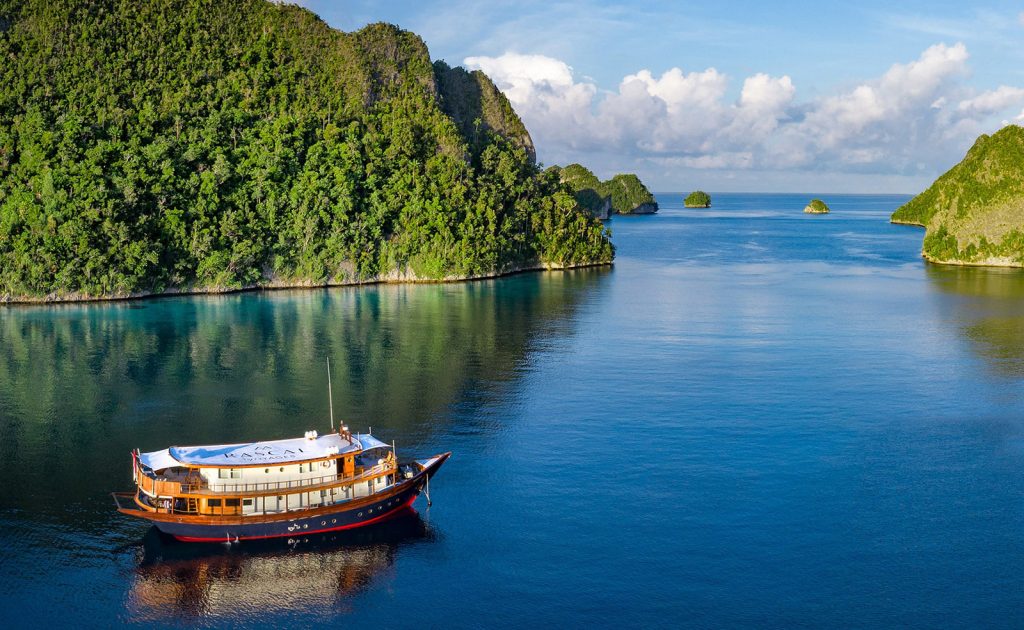
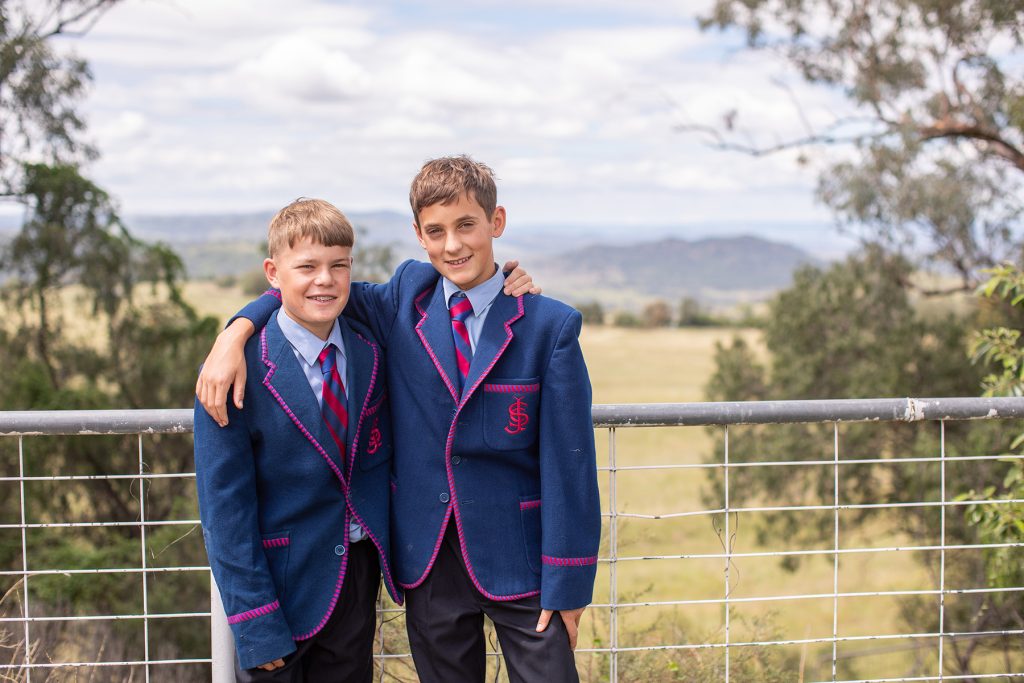
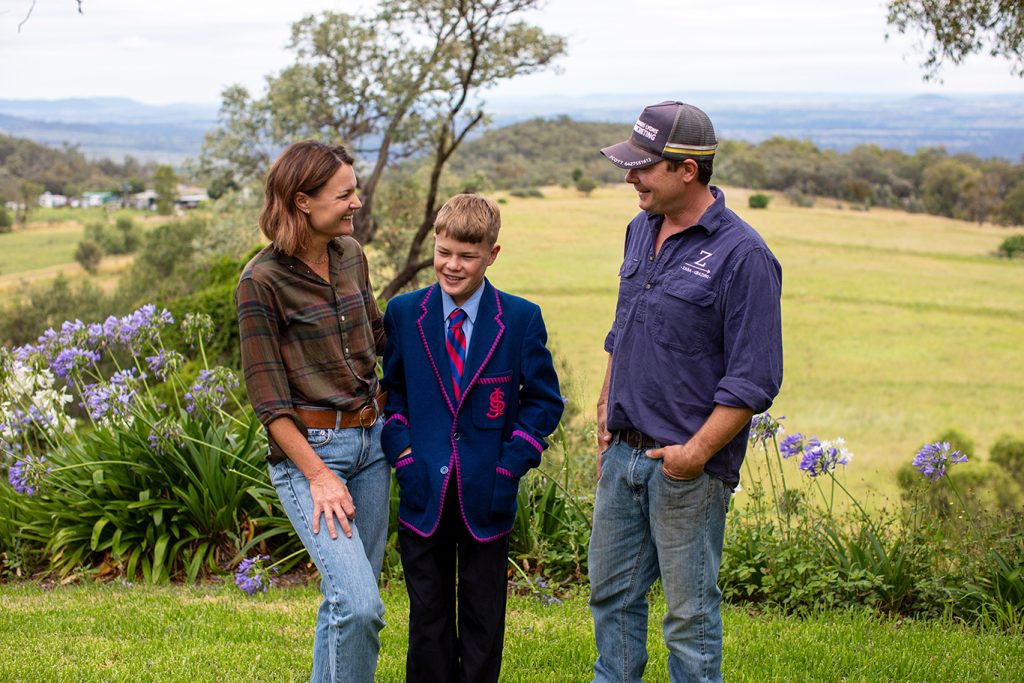
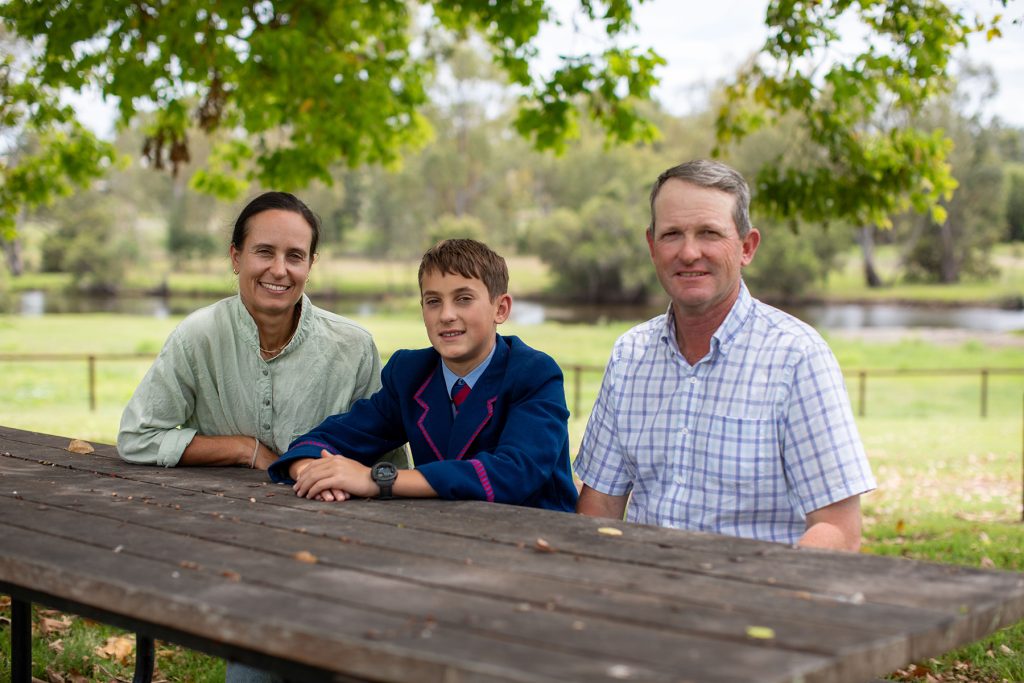
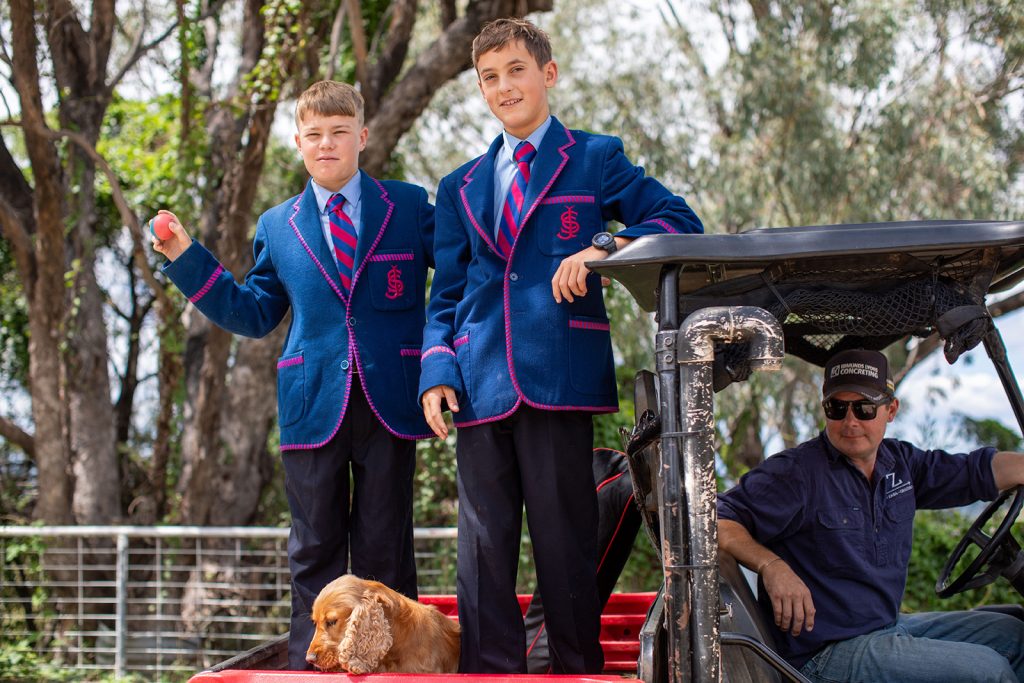

 Noa – IB Graduate
Noa – IB Graduate Rae-Lin (Sophie) – IB Graduate
Rae-Lin (Sophie) – IB Graduate  Ruby – HSC Graduate
Ruby – HSC Graduate  Hayley – HSC Graduate
Hayley – HSC Graduate
 If you’ve been reading our ANZA Nippers features in this magazine regularly, you’ve hopefully been left with the impression that this fabulous sports group which teaches surf awareness, beach safety, lifesaving and surf sports skills is the perfect combination of great exercise and tons of fun.
If you’ve been reading our ANZA Nippers features in this magazine regularly, you’ve hopefully been left with the impression that this fabulous sports group which teaches surf awareness, beach safety, lifesaving and surf sports skills is the perfect combination of great exercise and tons of fun.



 Emmanuelle O’Grady is the Principal Clinical Psychologist (Child & Adolescent) at International Medical Clinic – Children’s. Bilingual in English and French, she has over 20 years of experience working with children, families, and schools in Singapore. She is available for bookings at the clinic.
Emmanuelle O’Grady is the Principal Clinical Psychologist (Child & Adolescent) at International Medical Clinic – Children’s. Bilingual in English and French, she has over 20 years of experience working with children, families, and schools in Singapore. She is available for bookings at the clinic.